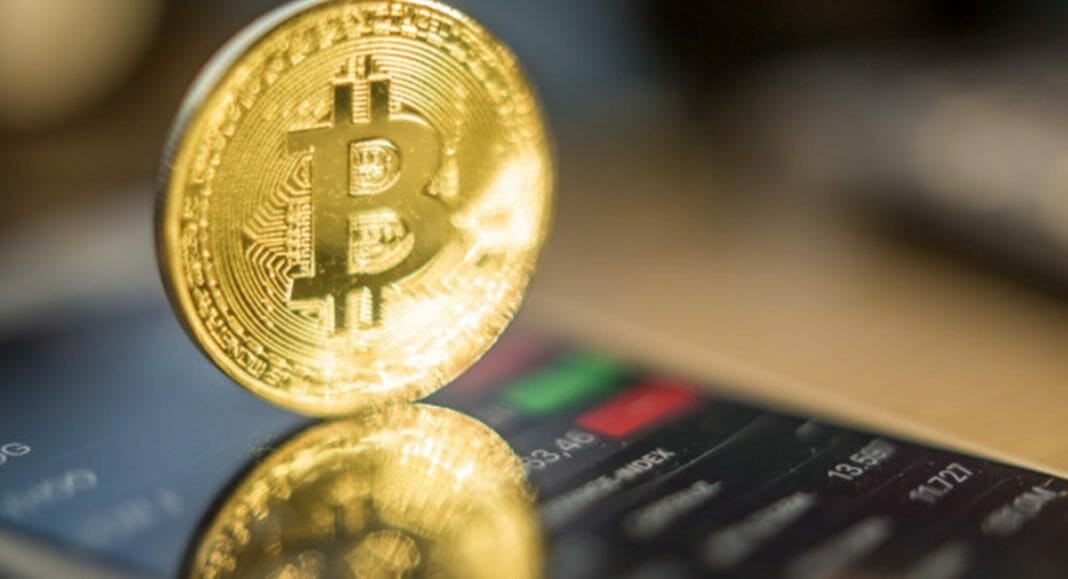Exchanges, ATMs, and custodial services will keep the Government informed about suspicious transactions. All Bitcoin addresses used to pay for products and services would remain linked to personal identities.
The Central Reserve Bank (BCR) of El Salvador recently issued the document Technical Standards to facilitate the application of the Bitcoin Law. The text describes how the Central American nation must comply with international regulations on preventing money laundering and terrorism financing.
The document appears on the BCR website a few days before the Bitcoin Law enters into force. On September 7th, the pioneering cryptocurrency will acquire legal tender status in the Central American country.
Some experts believe that using Bitcoin (BTC) as money could lead to breaches of regulations from organizations such as the Financial Action Task Force (FATF). Whoever incurs this could receive various sanctions from those regulatory bodies.
To that end, the BCR document states that companies providing conversion services between Bitcoin and US dollars must comply with several measures. Those firms will include wallet providers adding this feature, escrow services, exchanges, and ATM companies.
Bitcoin Exchanges and ATMs to Report Suspicious Transactions to the Government
Since the regulations aim for strict controls, each company in the Bitcoin industry must form a committee to prevent money laundering. Its role will be to comply with the provisions against money laundering detailed that the NRP-08 guidelines of 2013 detail.
According to the guidelines, the entities must use computer tools to monitor the accounts and services they offer. The latter include asset, liability, and equity transactions.
The text adds that computer programs should generate alerts on transactions that deviate from the behavior expected of the customer.
The Central Bank stated that the companies in the Bitcoin industry would need to develop and implement training programs for their staff. That training will address issues like money laundering, terrorism financing, and mass destruction weapons.
There will be a Record of All Bitcoin Payment Transactions
Salvadorans can use ATMs, exchanges, or any service allowing the conversion between BTC and US dollars. However, there will be a record of all their payments for products and services.
The document explains that the customers of those companies must register their private data. To do that, they will use authentication processes, biometric records, identity document scans, geolocation, and IP address recognition, among others.
Bitcoin companies must keep a detailed record of customers who have made a suspicious operation. The FATF considers various actions of BTC users suspicious. They include buying crypto-assets at prices different from those in the market or making many small consecutive transactions. That organism also considers it suspicious that most of a client’s source of wealth comes from investments in cryptocurrencies.
Exchanges, custodial services, and ATM companies operating in El Salvador must keep all records of transactions. They must do so during the business relationship with their clients and for 15 more years after their connection ends.
Bitcoin Addresses Will Be Linked to Identities
Salvadorans who want more private transactions can use self-custody wallets instead of the official Chivo Wallet. However, when paying for products and services in BTC to duly registered counterparties, they must provide the required information. At that time, their identity will remain linked to the Bitcoin address that they have used.
Although it is possible to use multiple address wallets, a blockchain analysis with suitable tools will help infer which addresses belong to the same entity. Users in El Salvador are unlikely to massively use mixers or other instruments to unlink their Bitcoin addresses.
By Alexander Salazar











